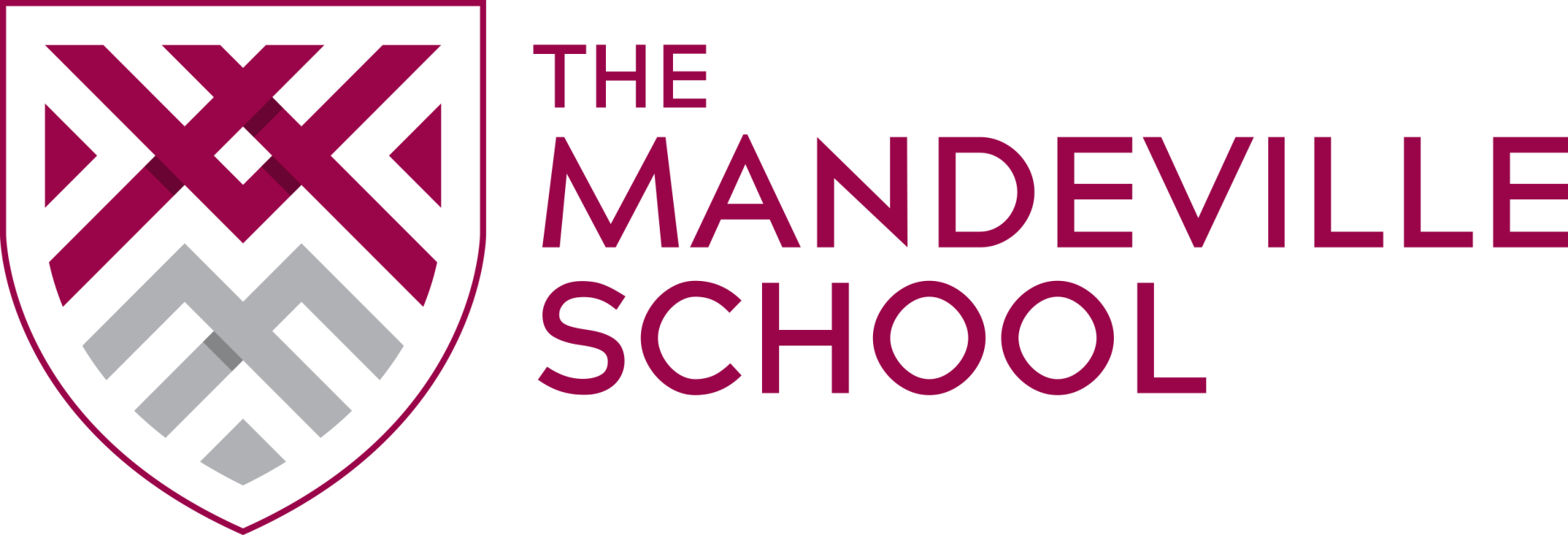Religious Studies
Curriculum Intent and Rationale
Key Stage 3
Our KS3 Religious Studies curriculum aims to provide students with a deep and well-rounded understanding of world religions and belief systems through an engaging and thoughtful pedagogy. Students will be encouraged to explore various religious traditions, texts, and practices while applying exegesis to interpret and understand the deeper meanings within sacred scriptures. The curriculum is designed to spiral deepening both knowledge and skills across the key stage. Students in each year will begin with an in depth exploration of a Faith (Christianity, Buddhism, Humanism). They will then use sacred texts to contextualise belief and analyse language before applying knowledge to real world situations in the final scheme of work.
By employing the framework of critical realism, we will help students recognize both the real-world impact of religion and the ways in which different perspectives shape individual and collective worldviews. Through contextualising religious beliefs within historical, cultural, and social frameworks, students will gain insight into how religions interact with and influence society. The curriculum is designed around the community we serve, reflecting both our diverse student body and the society in which we live.
This curriculum fosters reflecting on personal beliefs, ethical questions, and the role of religion in shaping identity and morality. Our ultimate goal is to cultivate respect, empathy, and critical thinking in students as they navigate diverse religious landscapes in the modern world. The curriculum is based on the Buckinghamshire Agreed Syllabus.
Key Stage 4
Key stage 4 students build upon the strong foundations in KS3. They will study AQA GCSE Religious Education over two years. Students will explore Christianity and Islam beliefs, teachings and practices. They will also be encouraged to reflect on their own values and beliefs, enhancing their moral development and ability to engage respectfully with diverse worldviews.
They will then apply this knowledge to thematic studies, where ethical issues of the modern world, and religious responses to them, are examined. Students are encouraged to reflect on their own opinions and develop their voice in debate, whilst learning respect for other cultures and beliefs. Students will learn to appreciate the real-world influence of religious beliefs and practices while recognizing the importance of personal perception in shaping religious understanding.
The curriculum aims to equip students with the knowledge, empathy, and analytical skills needed to navigate religious and ethical issues in the wider world, preparing them for further study and responsible citizenship.







